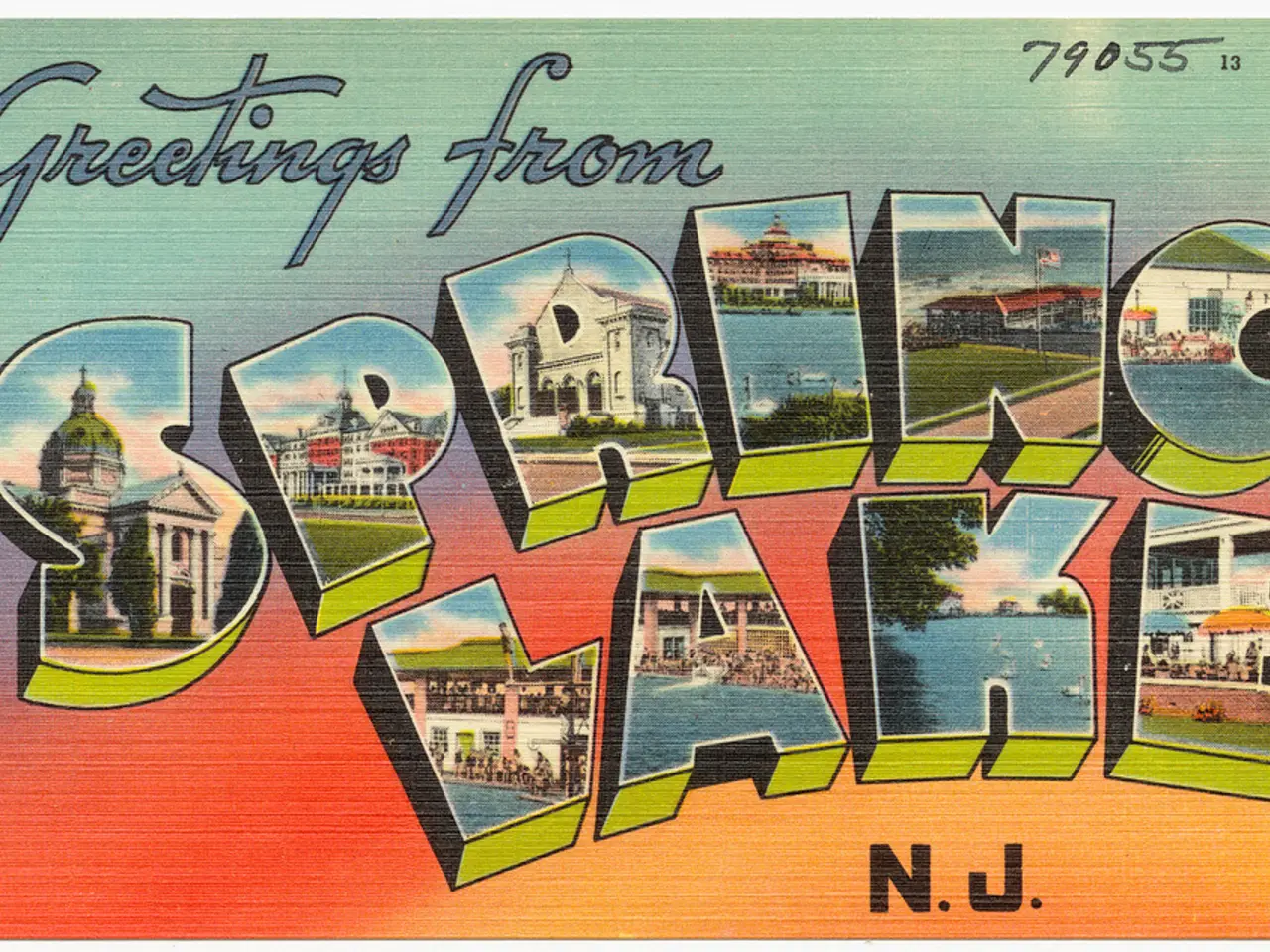Gabon Targets 10% Economic Expansion by 2030, Ambitious Goal Given Present Debt Burden Equalling 73.4% of GDP
Gabon Unveils Ambitious Development Plan, Leveraging Multi-Source Financing
Gabon has revealed its National Growth and Development Plan (PNCD) for the period 2026 to 2030, with a total value of CFA10,000 billion ($17.7 billion). The plan, aimed at transforming the country's structure and propelling it towards becoming a top developing nation by 2030, as stated in the African Development Bank's (AfDB) 2025 Country Report, will be funded through a diverse mix of financing sources [1].
The financing strategy, detailed in a Letter of Intent, involves a multi-source funding approach. This strategy combines:
- Public funds: These include resources from the state budget and national revenues.
- External financial support: This category may encompass grants, concessional loans, and technical assistance from international development partners.
- Innovative financing methods: Such as participative finance, which involves mobilizing resources from private investors and civil society to complement public investment [3].
This blended financing approach aims to ensure sufficient resource mobilization for the ambitious development objectives over the five-year period from 2026 to 2030.
The breakdown of each funding source is not extensively detailed in the publicly available excerpts. However, the official agreement referenced indicates coordinated efforts between Gabon’s government and international partners to ensure sustainable funding for the PNCD milestones [1]. The inclusion of participative finance suggests a growing trend towards involving broader stakeholders beyond traditional government and donor funding [3].
One of the key sectors that will receive significant funding is the energy sector, requiring 12% of the total funds, while education will need 11.1%. The exact allocation for other sectors remains unspecified [2].
Gabon's economy grew by 3.1% in 2024, despite a debt load equivalent to 73.4% of its GDP [4]. However, the country's ability to mobilize domestic resources is weak, meeting only 14.6% of its annual financing needs [5]. To bridge this financing gap, the AfDB advises Gabon to increase its tax revenue by 4.5 percentage points to about 16.4% of GDP [6].
The Gabonese government aims to attract investors and lenders by leveraging the country's solid credit reputation. Gabon's Minister for the Economy and Finance, Henri Claude Oyima, aims for a growth rate of 10% in the medium term [7]. Despite the challenges, Gabon's ambitious development plan, backed by a robust financing strategy, promises a promising future for the country.
[1] Letter of Intent between the Government of Gabon and the African Development Bank
[2] AfDB 2025 Country Report: Gabon
[3] Innovative Financing in Development Cooperation
[4] Gabon's economy grows 3.1% in 2024 despite high debt
[5] Gabon's ability to mobilize domestic resources is weak
[6] AfDB advises Gabon to increase tax revenue
[7] Gabon's Minister for the Economy and Finance aims for a growth rate of 10%
The Gabonese government aims to attract venture capital by leveraging the country's solid credit reputation, with the Minister for the Economy and Finance, Henri Claude Oyima, aiming for a growth rate of 10% in the medium term. This financing strategy, detailed in a Letter of Intent, involves a multi-source funding approach that includes innovative financing methods such as participative finance, which mobilizes resources from private investors and civil society to complement public investment.




